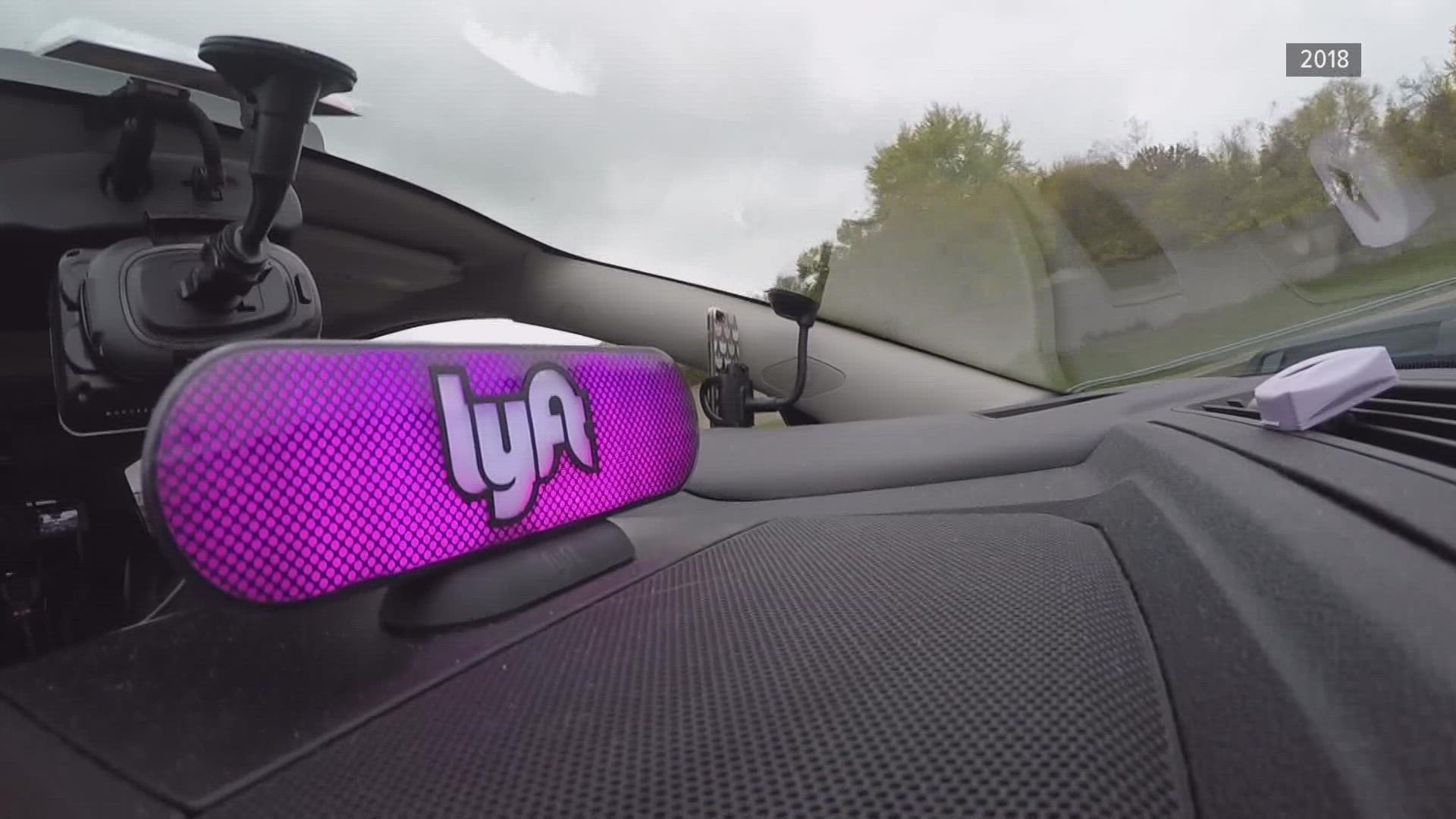EAST ST. LOUIS, Ill. — Federal officials are sounding the alarm over carjackings targeting rideshare drivers.
“On March the third, it was my last ride," said Amy Trost. She remembers a job that once brought her so much joy.
“Because I was saving drunk people from driving home," said Trost, a former rideshare driver
She said she looked at the job as a purpose.
“Yeah, because my mom was hit and killed by a drunk driver when I was 3 years old. And that's why I started Uber," she said.
But two years ago, this driver from Swansea, Illinois, called it quits.
“I did not feel safe," she said. “Because you’re putting people from all over in your car.”
One driver died as a result. Harriet Childers, a 49-year-old nurse who drove for Uber as a second job, was found shot to death in a street in East St. Louis in late August.
“Be an Uber driver, your life's going to be in danger," said Trost.
From riders trying to attack her to finding bullets outside her car door, Trost said she’s not surprised by a new warning from law enforcement.
In East St. Louis, law enforcement have reported seven carjackings, all targeting rideshare drivers in the last three and a half months. And it all starts with a fake profile, with people concealing their identities when requesting a ride.
“Uber is a drug dealer's dream," said Trost. “We picked up people whose name on the app is Satan.”
Federal officials said that’s often how people are stealing cars, leaving drivers stranded.
"People who order Uber rides should have to pass a background check, just like a driver," said Trost.
An Uber spokesperson tells us in part: “We’ve pioneered many of the safety features that are standard in the industry… including an in-app emergency button, GPS tracking… and the ability for drivers to share their location in real-time…”
"Safety is fundamental to Lyft. We continuously invest in new products and policies to help protect drivers, and are exploring ways to expand the use of our safety features to help prevent these incidents from happening and support drivers if they do," said a Lyft spokesperson.
For Trost, it’s not enough.
“I can't even cross into St Louis without having PTSD because of downtown. And I don't know how all my people are still doing it…” she said. “They're going through hell for a dollar.”
Law enforcement is advising drivers to verify and screen riders and not accept third-party requests. But Trost said nothing will change unless ridesharing companies raise their standards, and better prioritize driver safety.

